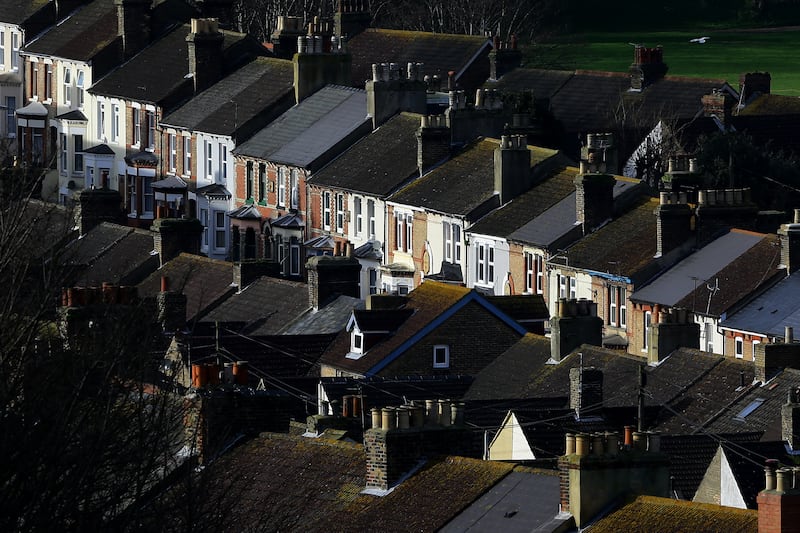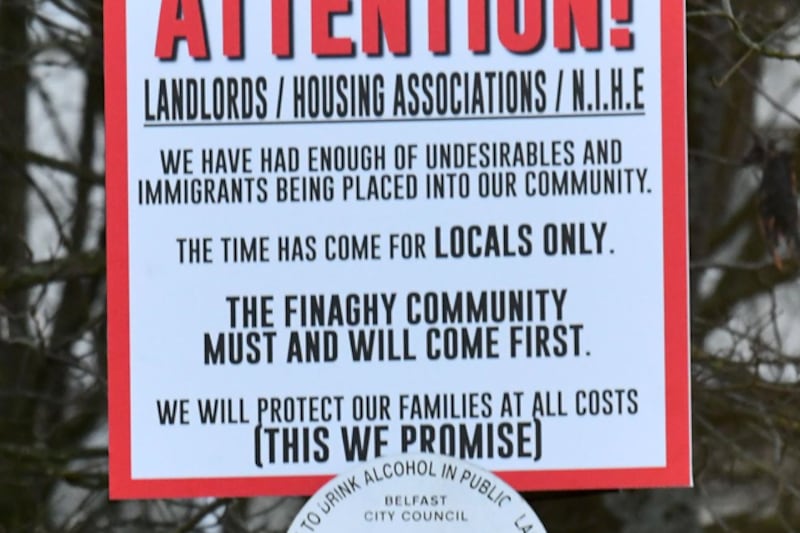THERE was a broad welcome last night for a massive shake-up of Northern Ireland's public housing authority, which will start building homes again for the first time in decades.
Homeless charities, politicians and the Chartered Institute of Housing described the announcement by Communities minister Carál Ní Chuilín as a major move towards tackling the north's "chronic social housing shortage".
But there were warnings that she "will be judged on housing delivery and not housing ambitions" as the number of people in need spirals.
In one of the most significant changes in the Housing Executive's 50-year history, it will be split into two with its landlord arm becoming an independent mutual organisation.
It has not built houses for around 20 years, but instead social housing has been built by housing associations.
But it will be given new borrowing powers to update existing deteriorated stock and finance major new construction projects, the Communities minister said yesterday.
Speaking in the Assembly, Ms Ní Chuilín warned that the number of people sleeping on sofas and in hostels while awaiting a decent home is "out of control".
"We need to build more social homes. We need to sort out the long-term future of the Housing Executive," she said.
"We need to make sure it can repair its homes, regenerate its estates and start building again.
"We need to get the Housing Executive building again."
Around 1,500 social homes have been constructed each year over the last seven years but that has not kept pace with demand.
The number of people with an acute need on the waiting list has risen by on average 1,000 a year. The Housing Executive is responsible for 85,000 homes.
It has two functions - as a landlord and as a regional housing authority, managing the waiting list.
Ms Ní Chuilín is proposing to place those roles with separate organisations in order to allow the Housing Executive to borrow based on its revenue streams rather than adding to Stormont debt.
While it remains classified as a quasi-public corporation, as a landlord it cannot borrow.
She wants to expand the existing stock while opening a new route to home ownership for those who can afford to do so.
A significant number of properties have been sold off to tenants in recent years, working against efforts to expand the portfolio.
Ms Ní Chuilín added that a new system known as intermediate rent homes can be a stepping stone for some into low-cost home-ownership or can provide a better, more affordable rental solution for others.
Around 40 per cent of all housing benefit is paid to private landlords.
More families with children are renting privately.
The minister pledged to bring forward legislation to improve the safety, security and quality of the sector, extending the notice to quit before people can be evicted to something like six months.
Justin Cartwright from the Chartered Institute of Housing said the "plans to classify the Housing Executive’s landlord arm as a ‘mutual’ or co-operative is very welcome news".
The Northern Ireland Federation of Housing Associations said it was crucial that the Housing Executive is able to address historic underinvestment and ensure tenants can live in good-quality homes over the long term.
Chief executive Ben Collins said: "We agree that our region needs to build more social homes with a mixed tenure approach, to address the increasing numbers in housing stress."
Nicola McCrudden from the Council for the Homeless, also said: "For too long housing policy has been adrift, over reliant on the private rented sector and isn’t working.
"We need to tackle housing supply through a whole system approach".
But SDLP MLA Mark H Durkan warned that the minister "will be judged on housing delivery and not housing ambitions".
"We are in the grip of a housing crisis with over 29,000 families on the NIHE waiting list in acute need of a home," he said.
"So, I welcome any measures that will tackle our chronic social housing shortage and strengthen protection for tenants in the growing private rented sector and look forward to working with the minister to deliver on these promises and to hold her to account on them."
DUP MLA Robin Newton also said:
He added: "The minister needs to provide a detailed statement on time-scales, strategy, budgets and outcomes expected from this decision".




